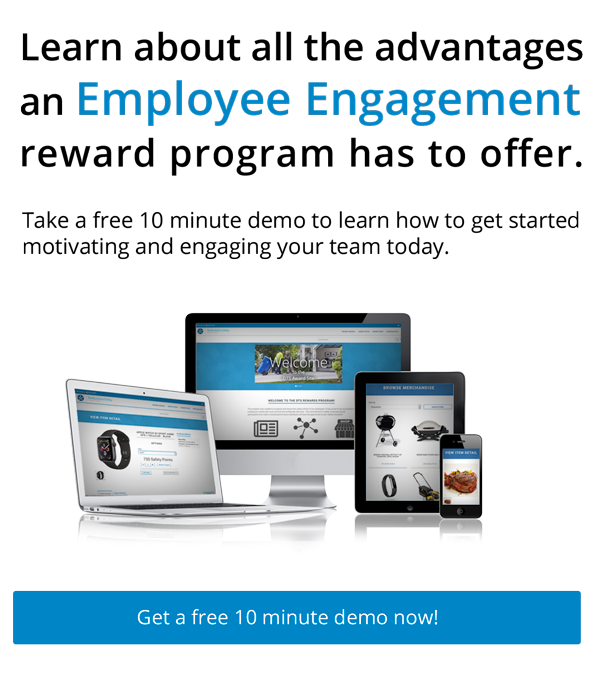Listen to this blog:

The latest Gallup State of the Workplace report confirms what we’ve suspected about employee engagement, but there are encouraging signs as well:
- Only 33% of employees in the US and Canada are engaged in their work, but
- The US and Canada rank #1 in engagement in the world
- When asked whether the employees felt they were “thriving” in their current positions, 60% of the employees in the US and Canada report that they are.
- This positive “live evaluation” statistic puts the US and Canada at #2 in the world (only employees in Australia and New Zealand reported a higher level of “thriving”, at 63%)
Why is employee engagement important?
Engaged employees stay longer, perform better, take fewer sick days, arrive to work on time, have fewer accidents at work, are healthier, have better relationships with co-workers and managers and are generally happier at work. Since Gallup also reports that Americans spend 81,396 hours in our lifetime at work, it makes sense to strive to like and be engaged in the work we’re doing.
For employers, a higher level of engaged employees means higher productivity, lower absenteeism and costly turnover, higher market share, fewer accidents that translate to lower insurance costs, a healthier workforce that also translates to lower healthcare costs and more. Engaged employees take better care of customers which also translates to higher customer loyalty and revenue.
The role of ESG: Environmental, Social and Governance initiatives in employee engagement:
The same Gallup study finds that employees in the US and Canada report that:
- 43% of employees feel that their employer is acting responsibly to preserve the environment
- Only 10% of employees feel respected at work (social)
- 63% of employees believe that corruption is widespread (governance)
Companies are increasingly focused on ESG initiatives to increase employee engagement, yet many times the metrics they report in relation to employees measure only pay and demographics.
Because today’s employees are increasingly aware of the way in which their employer functions in the world, it’s important that the organization consistently demonstrates the values and ethics they profess.
The role of rewards & recognition in employee engagement:
When structured intentionally and effectively, employee reward, recognition and incentive programscommunicate what’s important to the organization. Through the program rule structure, employees will understand company objectives, their role in the overall organization, exactly what is expected of them and the reward that they’ll receive once they achieve their goals.
Thoughtfully structured employee reward and recognition programs build a culture of recognition that increases employee engagement. Partnering with an experienced firm of Incentive Professionals to design your program will ensure success. To get started increasing the level of employee engagement in your organization, contact us today!



